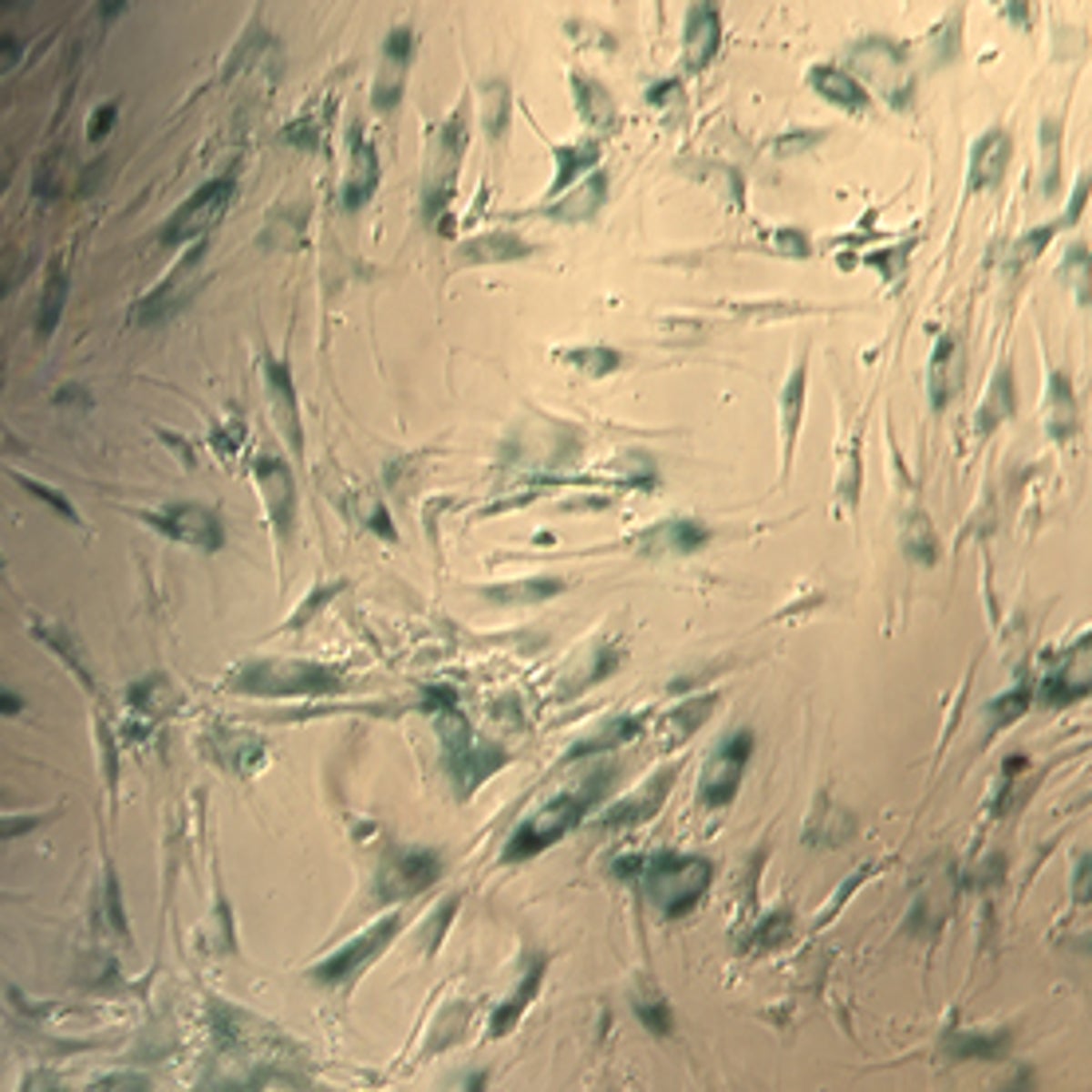Oh, then are kids offspring of their grandparents? Oh, wait, they aren't. No, it means
immediate descendants (which they aren't, as there is a clear step in between), or the product of reproductive processes of an animal, plant or human. But since Fleiur decided to specify of 2 parents, they are still wrong.
But let's say that Fleiur dropped the two requirement. They still got problems (see below). This is just one of the holes that I've poked, and I decided to focus on this before moving onto my next objection so we could resolve this one. This specific objection is really about the particulars of this definition rather than anything else.
I didn't make up the definition of offspring. If anything, if X cloned herself, then bore the egg in her womb, we'd call that the offspring of X, not the offspring of X's parents. In fact, that's just what we do when this happens in the wild with
parthenogenesis.
My objections do actually hold up, however minor you might find them. And I really don't think it is going to be a minor objection in the coming decades. Gay couples are going to want to create kids that are genetically related to both of them, and eventually there will be a way to do this (the article I linked to above already talks about progress on making sperm and egg cells from skin cell started stem cell lines). Once you hit that stage, it's easy for a rich person to make an offspring of themselves using only their DNA, or even a clone.
This will happen.
I'm not the one with a hole in my argument. You are. If you can't even solve this problem, I'll take it as an undeserved win on my part. Seriously, you can beat this objection with a better definition, even by omitting the requirement that there be two parents.
Look, we can even pretend you did, and get to the next big problem with your definition: tetragametic chimera fetuses. These aren't cross breed with animals, to be clear. These are when there are two fraternal twin fetuses in the womb, and they basically combine together. It's rare, but it's not really known how rare as most people can go their entire lives without being bothered by it.
Now you clearly believe that when the each of the zygotes for the fraternal twins were created, a new human was created.
My question to you is: When did one of the zygotes die, as only one baby came out of the mother? Or does the kid with tetragametic chimerism count as two people?



